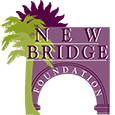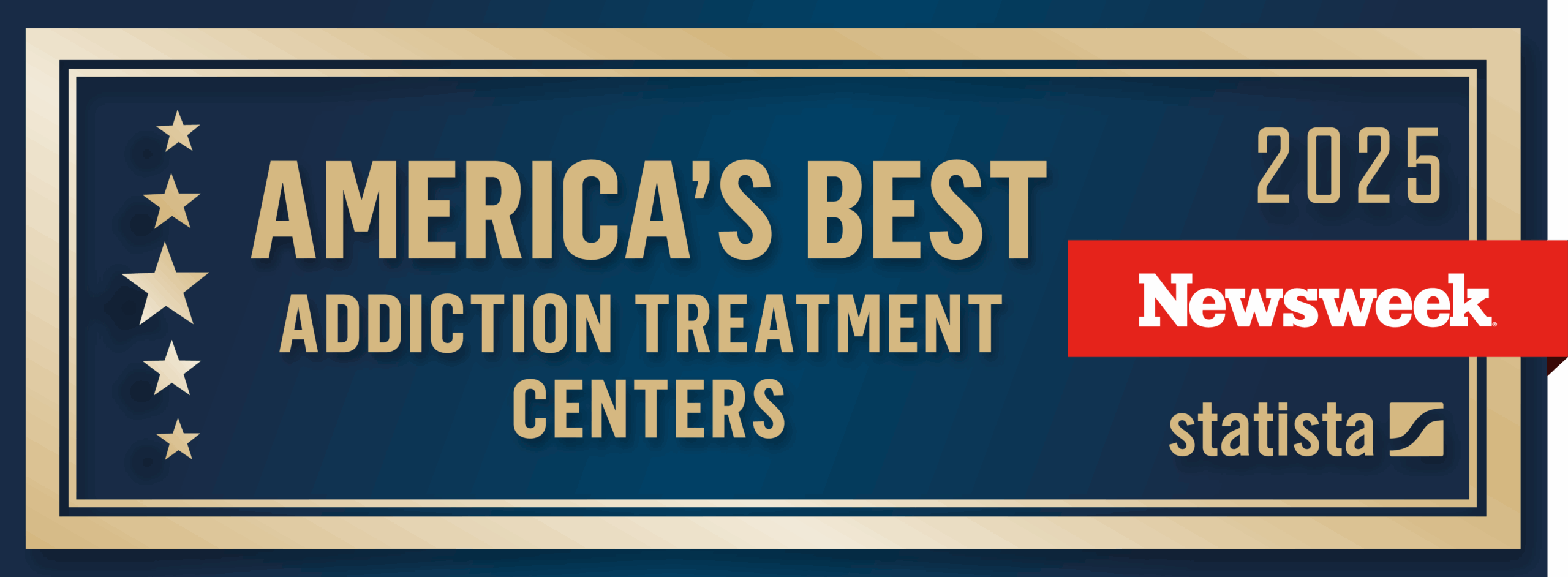When opioid addiction takes hold, it can feel like there’s no way out. But recovery is always possible—and there are real, effective paths forward. Whether you’re seeking help for yourself or someone you love, knowing what options are out there can make this moment feel a little less overwhelming, and a lot more hopeful.
Everyone’s journey is different. The right opioid addiction treatment plan depends on the person, their needs, and where they are in their recovery. But one thing holds true across the board: no one has to do this alone.
Understanding Your Options for Opioid Addiction Treatment
Opioid addiction affects both the body and the mind, which means that the most effective treatment options are the ones that address both. Here’s a breakdown of some of the most widely used and trusted approaches:
1. Medication-Assisted Treatment (MAT)
MAT combines medications with counseling and behavioral support. It’s often used to reduce cravings and withdrawal symptoms so people can focus on recovery.
Common MAT medications include:
- Methadone – taken daily, often in a clinic setting
- Buprenorphine (Suboxone) – can be prescribed by qualified providers
- Naltrexone – blocks the effects of opioids and helps prevent relapse
Medication doesn’t replace recovery—it supports it. And when paired with counseling, MAT can be a powerful step toward long-term healing.
2. Residential or Inpatient Treatment
For those who need a structured environment away from daily triggers, residential programs offer round-the-clock support. These programs typically include:
- Supervised detox
- Group and individual counseling
- Skills-building and relapse prevention
- A safe, substance-free space to focus fully on recovery
3. Outpatient Programs
Outpatient treatment offers flexibility while still providing access to counseling, education, and support groups. These programs are ideal for people who are medically stable or transitioning out of residential care.
Options range from intensive outpatient programs (IOPs) that meet several times a week to standard outpatient counseling that fits into daily life.
4. Counseling and Behavioral Therapy
No matter the setting, counseling is a cornerstone of opioid addiction treatment. Therapists help people:
- Identify triggers and patterns
- Manage emotions and stress
- Build healthier relationships and coping skills
Cognitive Behavioral Therapy (CBT) and Dialectical Behavior Therapy (DBT) are commonly used approaches that focus on changing thoughts and behaviors that contribute to substance use.
5. Peer Support and Recovery Groups
There’s something uniquely healing about connecting with people who get it. Support groups like Narcotics Anonymous (NA), SMART Recovery, or other peer-led programs give people a place to share struggles and celebrate wins—without judgment.
Family members can also benefit from support groups like Al-Anon, which provide space to process their own experiences and learn how to support a loved one in recovery.
Choosing the Right Path
There’s no single “best” path to recovery for opioid addiction—but there is a right path for you or your loved one. It may involve one approach or a combination of several. What matters most is that it’s supportive, compassionate, and tailored to the person’s unique needs.
And remember: recovery isn’t a one-time decision. It’s a journey, one that often includes setbacks, restarts, and moments of deep growth. What matters is staying connected—to care, to support, and to hope.
A Trusted Partner in the Recovery Journey
At New Bridge Foundation®®, we’re proud to walk beside people at every stage of that journey. Whether someone needs medical detox, residential care, or outpatient support, our team is here with evidence-based treatment and real human connection.
Voted one of America’s “Best Addiction Treatment Centers” by Newsweek five years in a row, we’ve built our programs around compassion, trust, and individualized care. We offer a full continuum of care—detox, residential, outpatient—delivered with warmth, respect, and deep experience. We also offer specialized programs for veterans and first responders, and we accept TRICARE insurance.
If you or someone you love is ready to explore treatment options for opioid addiction, help is here. Call New Bridge Foundation® at 866.772.8491 today to take the first step toward healing.








